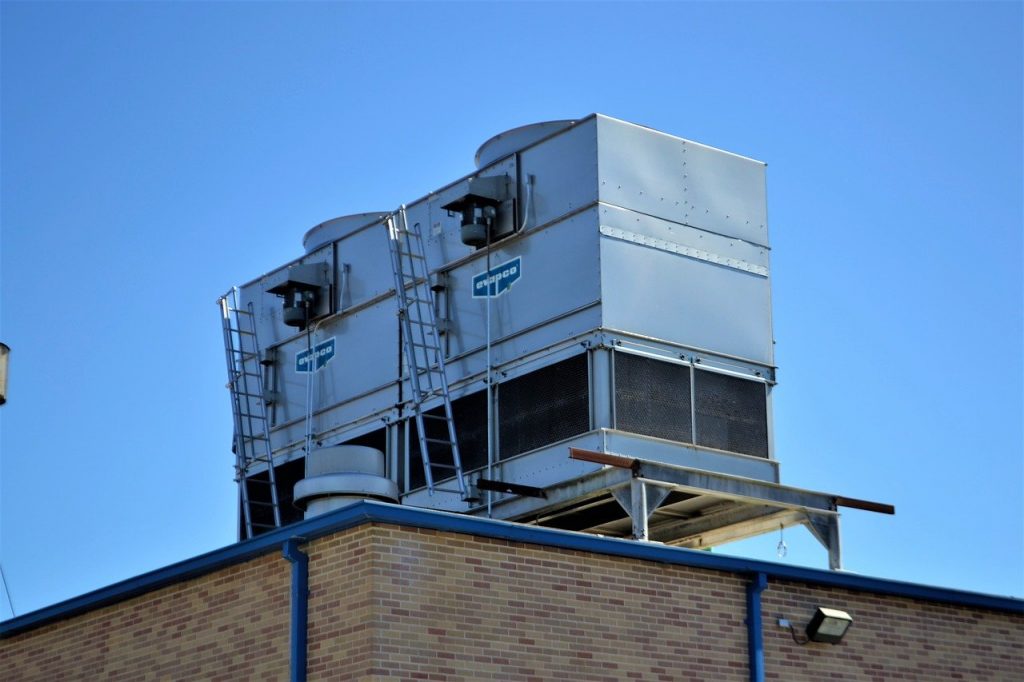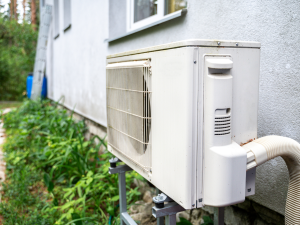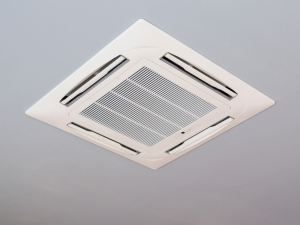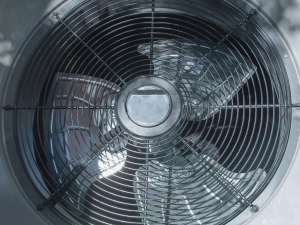Your HVAC system has been running just fine. But then the heating or the cooling unit just stops functioning. Maybe you have never noticed any unusual signs in the system. Or you could have heard some strange noise or smell. Contrary to what most know, HVAC systems need regular maintenance, regardless of the type and or even how often the system is put in use. While you can carry out some mundane maintenance tasks yourself such as observing strange noise or smell around the system, a regular HVAC inspection is vital.
What are the benefits of regular HVAC inspection?
- You get to avoid fatal accidents– HVAC systems, if unmaintained, can result in catastrophic events. For instance, water heater systems explosions are common occurrences not forgetting the inconveniences caused by a faulty HVAC system.
- Reduced energy bills– If your HVAC system is poorly maintained, you could find yourself paying unnecessary hefty energy bills. This is because HVAC systems that are not running at their peak consume more energy compared to a well-maintained system.
- Your system will last longer– No one wants to dig deeper in their pockets every so often to purchase a new HVAC system.
- Less repair– HVAC repairs are not only expensive but can also result in more problems. A well-maintained HVAC system rarely breaks down, bringing the maintenance cost lower.
- Safety– HVAC systems can cause fatal accidents. Well-maintained systems reduce the likelihood of accidents such as fires, leaks and even explosions.
- Better air quality– A well-maintained HVAC system is free from dust and mold which ultimately means better air quality.
When do you need an HVAC inspection?
HVAC inspections should be carried out regardless of whether your system is exhibiting problems or not. However, if you notice any of these signs, then you need to call your HVAC specialist immediately.
- Inconsistent heating– Most homeowners set the thermostat at a certain temperature. If you notice inconsistencies in your home temperature, then that’s a sign. You need to undertake an inspection before things get worse.
- High energy bills– As we mentioned, your energy bills should not skyrocket without any triggers. If you notice a significant increase in your energy bills, it’s time to call your HVAC technician. The energy bills could have been increased due to duct leaks, dirty filters, and failing parts.
- Your HVAC system is old– Your HVAC system has served you well. While you do not need to replace it just yet, you need to give it more attention. Have regular checks since it’s likely to break down more often compared to when it was newer. And an inspection will point out any underlying problems.
- Humidity in the house– Your house should not be humid if your AC is functioning optimally. If you notice humidity while the AC is still blowing, then there’s a problem.
- Bad odor– If you get an unusual smell such as a musty or burning odor from your HVAC system, then there’s a problem that needs to be addressed urgently. It could be a minor problem such as the growth of mold or mildew or an electrical issue.
- Your system keeps turning on and off– ACs go through heating and cooling cycles regardless of the weather conditions. However, if your AC turns on and off at short intervals, then it needs an inspection.
HVAC inspection checklist
To ensure your HVAC system functions optimally during all seasons, ensure an inspection is carried out on a seasonal basis. This is because preventive maintenance tasks differ from cooler seasons to hotter seasons.
For hot seasons:
- Inspect the vents, ducts, refrigerant lines, and cabinets
- Clean the pans and the drain lines
- Lubricate moving parts
- Inspect connections and electrical lines
- Replace the batteries
- Clean the evaporator and condenser
- Clean or replace filters
- Inspect blades, blowers, and fan motor
- Check humidity level
During the cold seasons:
- Inspect the heating elements, heat exchanger, ignition system, burner, and heat pump
- Clean pans and drain lines
- Inspect blowers, ductwork, motors, and vents
- Replace worn out pulleys and belts
- Check for flue gas passageways and gas leaks
- Check the thermostat
- Lubricate moving parts
- Replace the batteries
- Inspect all electrical components
While getting your HVAC inspected regularly is vital, here are some steps you can undertake to keep your system running without any issues.
- Ensure that any debris around the outside units is removed– Debris and dirt can gather around the HVAC outside units and cause blockage. Take note of leaves and pollen that blows around the system. Ensure you remove any fallen twigs and cut the grass near the system. And if using a lawnmower to cut the grass, ensure that it doesn’t throw the clippings in the unit.
- Change the filters regularly– A clean filter enhances the efficiency of your system and should be changed every 30-90 days. While the cost of replacing a filter every so often may seem expensive, HVAC repair is even more costly, not forgetting the inconveniences.
- Keep your HVAC unit level– A tilted unit will not work efficiently. Ensure your system is kept level and is checked regularly.
- Inspect the refrigerant lines regularly– Refrigerant lines ensure that your system functions efficiently. Always inspect the lines and take note of lines that are worn out, become detached, or have leaks.
- Use DIY techniques to unclog the system– Your system could get clogged due to the build-up of algae and mold. Bleach and water can effectively clean the build-up.
- Check for unusual noises and odors– Take note of unusual odors and noises especially when you start your unit. These could be an indication of a serious problem in your system.
- Inspect the fan blades– Inspect for any signs of wear or damage on the blades when they are stationary as well as in motion. However, do not attempt to replace the blades. Your HVAC technician will change the blades if damaged.
What is the cost of an HVAC inspection?
The cost of an HVAC inspection depends on various factors. The main determinant is the type of inspection carried out. There are three types of HVAC inspections:
- HVAC Tune-ups– This is an inspection that is carried out on your heater and air conditioner. More attention should be paid to your heater in the fall and your air conditioner in the spring.
- HVAC repair– This is an HVAC diagnosis carried out when your HVAC system is not cooling or heating properly. Since it focuses on solving the problem at hand, it may not be as comprehensive.
- HVAC Inspection– This is a comprehensive inspection of your HVAC system without the maintenance service. It provides a thorough report of the age of the system, how it was installed, performance as well as repair and maintenance recommendations. HVAC inspections are vital for new homeowners, persons looking to buy a home as well as people who have had an HVAC system for a while. This inspection is also carried out by a licensed HVAC technician.








